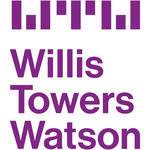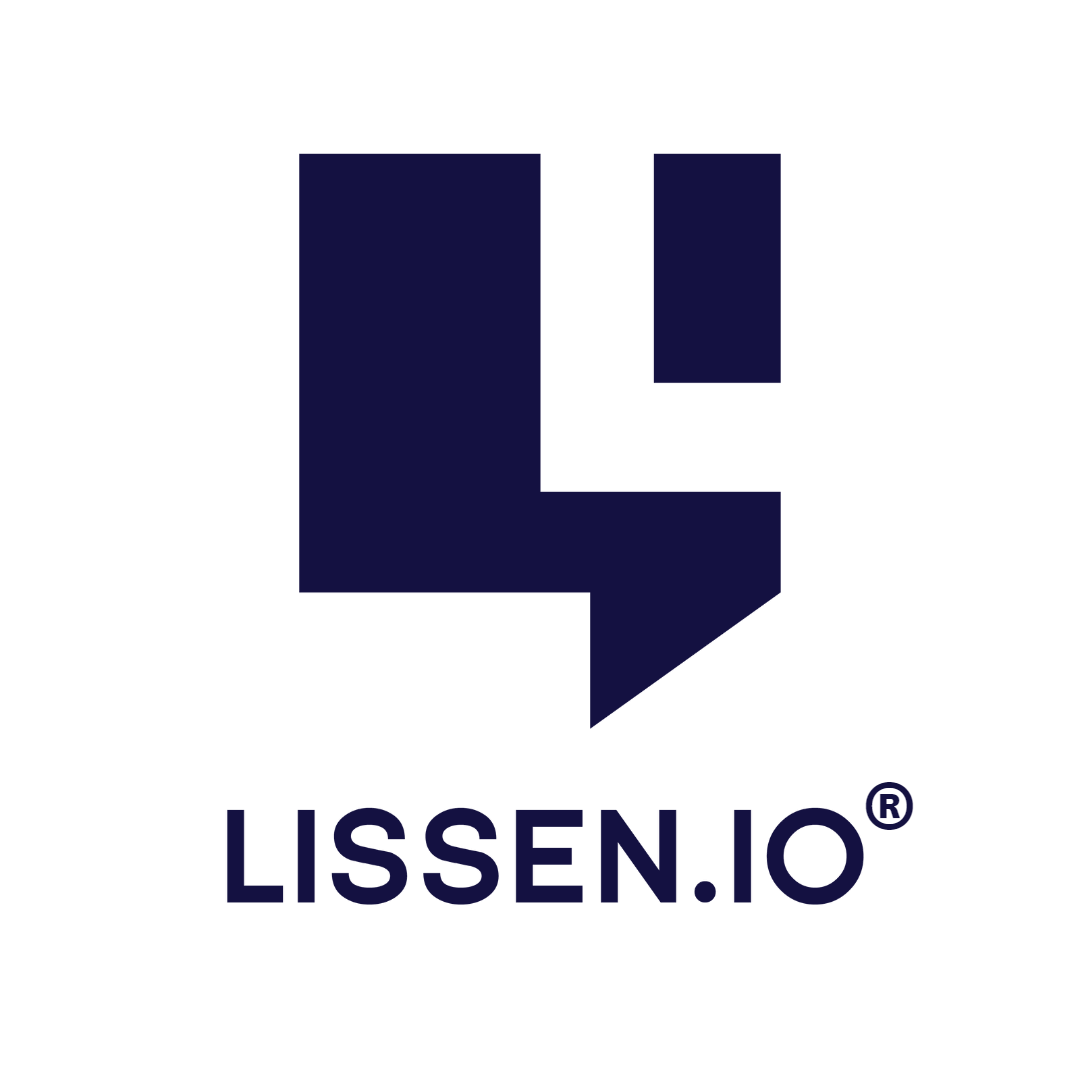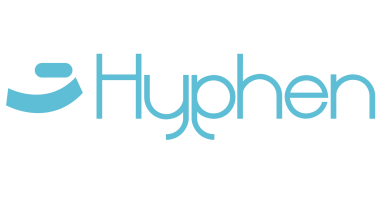Description

DeskAlerts

Humantelligence
Comprehensive Overview: DeskAlerts vs Humantelligence
Certainly! Here's a comprehensive overview of DeskAlerts and Humantelligence, focusing on their primary functions, target markets, market share, user base, and key differentiating factors.
DeskAlerts
a) Primary Functions and Target Markets
- Primary Functions: DeskAlerts is primarily an internal communication tool designed to send pop-up notifications directly to employee desktops, regardless of what application is being used at the time. These notifications can include important company announcements, alerts, news, reminders, or updates. The system supports rich media attachments, surveys, quizzes, and monitoring of message acknowledgment and receipt.
- Target Markets: DeskAlerts targets a variety of industries that require immediate attention and dissemination of information. Common sectors include healthcare, education, government, corporate businesses, financial services, and emergency services. Essentially, any sector where prompt and reliable internal communication is critical.
b) Market Share and User Base
- DeskAlerts is a niche product widely used by organizations focused on ensuring immediate internal communication. While specific market share figures aren't typically disclosed, it is known for being a reliable solution in sectors where communication speed and acknowledgment are vital.
- The user base consists of medium to large enterprises needing effective communication strategies, especially in industries where staff may not consistently check emails but need to be alerted immediately to critical information.
c) Key Differentiating Factors
- Real-Time Alert Capabilities: DeskAlerts stands out for its ability to deliver real-time alerts directly to desktops, ensuring that messages are seen almost immediately.
- Usability Across Networks: The tool can function across various network boundaries, ensuring messages reach all parts of a distributed organization.
- Acknowledgment Tracking: It offers robust analytics and reporting features, including tracking who has seen messages and acknowledgment of receipt.
- Security Features: Designed with enterprise security needs in mind, it ensures that sensitive information is kept secure.
Humantelligence
a) Primary Functions and Target Markets
- Primary Functions: Humantelligence is primarily a culture analytics and talent management platform. It leverages AI to measure and enhance organizational culture, improve hiring practices, increase employee engagement, and reduce turnover. The platform offers tools for cultural assessments, team building, and predictive analytics to align talent with company values.
- Target Markets: Humantelligence is targeted towards HR departments in organizations of all sizes that seek to optimize their workplace culture and improve recruitment processes. It is also useful for companies focusing on diversity, equity, and inclusion (DEI) initiatives and aligning workforce behaviours with organizational goals.
b) Market Share and User Base
- As a specialized HR solution, Humantelligence has carved a niche within the talent management and organizational culture space. While it may not have the same volume of users as more generalized HR platforms, it is preferred by organizations prioritizing cultural alignment and employee engagement.
- Its user base includes companies across various sectors, ranging from small businesses to large enterprises looking to focus on people analytics and cultural optimization.
c) Key Differentiating Factors
- AI-Driven Insights: Humantelligence is distinguished by its use of AI algorithms to provide deep insights into company culture and employee engagement, making it a preferred choice for strategic HR planning.
- Predictive Analytics: The platform offers predictive capabilities for better hiring and team-building decisions, using data to forecast cultural fit and potential employee success within the organization.
- Emphasis on Culture: Unlike many other HR tools, Humantelligence focuses heavily on mapping and improving organizational culture, beyond just recruitment and retention metrics.
- Customization and Integration: Offers customizable solutions that seamlessly integrate with existing HR and collaborative platforms, allowing for smooth deployment without significant disruption to existing workflows.
Comparison Summary
- DeskAlerts is focused on immediate communication needs within organizations and is particularly strong in sectors where rapid information dissemination is crucial.
- Humantelligence, however, emphasizes enhancing organizational culture and employee engagement through AI-driven insights, serving HR departments with a strategic focus on optimising culture and talent management.
- Both solutions serve different yet vital organizational needs and thus, cater to different user bases and market niches. Their key differentiators lie in their core functionalities—DeskAlerts in real-time communication, and Humantelligence in culture analytics and talent management.
Contact Info

Year founded :
2006
+1 703-881-3166
Not Available
United States
http://www.linkedin.com/company/deskalerts

Year founded :
Not Available
Not Available
Not Available
Not Available
Not Available
Feature Similarity Breakdown: DeskAlerts, Humantelligence
DeskAlerts and Humantelligence are software solutions utilized predominantly in workplace settings, but they cater to different primary needs: DeskAlerts focuses on internal communication, while Humantelligence is centered around cultural analytics and team collaboration. Here's a feature similarity breakdown for both:
a) Core Features in Common
-
Communication Tools:
- Both platforms provide tools to enhance communication within teams and organizations.
- DeskAlerts offers direct messaging through pop-up notifications, while Humantelligence includes messaging features as part of its collaboration suite.
-
Integration Capabilities:
- Both solutions can integrate with other corporate software tools. DeskAlerts integrates with platforms like SharePoint and Active Directory, whereas Humantelligence connects with tools like Slack and Microsoft Teams.
-
Analytics & Reporting:
- Although their focus areas differ, both offer analytical insights. DeskAlerts provides analytics on message reach and engagement, while Humantelligence offers cultural and behavioral analytics for team assessments.
-
Customization:
- Both allow for some level of personalization to fit organizational needs. DeskAlerts allows customization of alert types and templates, while Humantelligence offers tailored insights based on team culture data.
b) User Interfaces Comparison
-
DeskAlerts:
- The interface is straightforward, designed for administrative ease in sending out alerts and notifications.
- It often has a dashboard-centric UI, focused on creating, scheduling, and tracking alerts.
- The design is utilitarian, with a focus on functionality over aesthetics.
-
Humantelligence:
- The UI is more interactive, reflecting its focus on team dynamics and cultural insights.
- Visualization tools play a big role, with dashboards that display data on team assessments and individual profiles.
- The interface is user-friendly and visually engaging, designed to make data interpretation more intuitive for users.
c) Unique Features
-
DeskAlerts:
- Emergency Notifications: It has a robust system for sending emergency alerts, crucial for organizations needing rapid communication in critical situations.
- Cross-platform Reach: Can deliver notifications across various devices and platforms, ensuring comprehensive reach.
-
Humantelligence:
- Culture Analytics: Unique in its focus on embedding cultural analytics into team dynamics, helping organizations understand team behaviors and motivations.
- AI-Driven Insights: Uses AI to provide productivity and collaboration recommendations based on individual and team profiles.
In summary, while both DeskAlerts and Humantelligence focus on communication within organizations, DeskAlerts emphasizes mass notification and urgent communication, and Humantelligence is oriented towards enhancing team performance through cultural understanding. The choice between them would largely depend on whether an organization prioritizes communication efficiency or cultural and behavioral insights.
Features

Instant Notifications
Employee Engagement
Crisis Management
Internal Communication
Reporting and Analytics

Communication Enhancement
Self-Awareness Tools
Employee Engagement
Culture Analytics
Best Fit Use Cases: DeskAlerts, Humantelligence
a) DeskAlerts
Best Fit Use Cases:
-
Enterprise-Level Organizations:
- Communication at Scale: DeskAlerts is ideal for large businesses with a vast number of employees spread across multiple locations. Its ability to send notifications to a large audience all at once makes it suitable for enterprises where clear communication is crucial.
-
Industries with Compliance Needs:
- Healthcare, Finance, and Government: These industries often have strict compliance and regulation requirements. DeskAlerts can help quickly disseminate critical updates or policy changes to ensure employees are informed and compliant.
-
Crisis Management and Emergency Notifications:
- Safety Protocols: Companies that need to communicate quickly and efficiently during emergencies (such as natural disasters, security threats, etc.) benefit from DeskAlerts' instant communication capabilities.
-
Internal Communications for IT Notifications:
- IT Departments: DeskAlerts can effectively notify employees about IT outages, updates, and maintenance, ensuring minimal disruption to operations.
-
Remote and Hybrid Work Environments:
- Employee Engagement: For companies with remote or hybrid workforces, DeskAlerts helps maintain engagement and ensures all employees receive important updates irrespective of their location.
b) Humantelligence
Preferred Scenarios:
-
Culture Building and Team Cohesion:
- Human Resources and Organizational Development: Humantelligence is excellent for organizations focusing on building company culture and enhancing team collaboration by understanding and leveraging the diverse traits of employees.
-
Talent Management and Recruitment:
- Hiring and Onboarding: Companies aiming to improve their recruitment processes benefit from Humantelligence’s ability to assess cultural fit and optimize team compositions based on cognitive and behavioral insights.
-
Leadership Development:
- Coaching and Training: Organizations focusing on developing leadership skills can use Humantelligence to tailor personalized development plans based on individual and team behavioral profiles.
-
Innovation and Change Management:
- Strategic Initiatives: Businesses looking to drive innovation or manage change effectively may use Humantelligence to align team dynamics with strategic goals and foster a more adaptable work environment.
-
SMEs to Large Corporations:
- Scalable Solutions: Although scalable, Humantelligence can specifically cater to medium to large businesses that have the resources and intent to build a cohesive culture and manage team dynamics proactively.
d) Industry Verticals and Company Sizes:
DeskAlerts:
- Industry Verticals: Primarily benefits sectors where instant communication is critical, such as healthcare, government, education, and large corporates across diverse industries.
- Company Sizes: More suited for medium to large enterprises due to its focus on mass communication and compliance-driven updates.
Humantelligence:
- Industry Verticals: Applicable across multiple sectors due to its focus on culture and team dynamics, including industries like tech, consulting, finance, and consumer goods.
- Company Sizes: While it's capable of scaling to large enterprises, it is also accessible to SMEs looking to improve their organizational culture and employee engagement.
Both products are designed to enhance communication and organizational efficiency but cater to different aspects of business needs; DeskAlerts focuses more on operational communication, while Humantelligence centers on cultural and behavioral insights.
Pricing

Pricing Not Available

Pricing Not Available
Metrics History
Metrics History
Comparing teamSize across companies
Conclusion & Final Verdict: DeskAlerts vs Humantelligence
To determine which product offers the best overall value between DeskAlerts and Humantelligence, we need to evaluate each on several key factors such as features, ease of use, customer support, scalability, and pricing.
DeskAlerts vs. Humantelligence: Conclusion and Final Verdict
a) Considering all factors, which product offers the best overall value?
DeskAlerts primarily excels in internal communications by providing robust features for sending instant notifications, alerts, and messages across various platforms. It's particularly valuable for large organizations that require efficient communication channels during crises or for ensuring critical information reaches all employees promptly.
Humantelligence, on the other hand, is focused on measuring and enhancing workplace culture and employee engagement through advanced analytics and behavioral insights. It provides tools that help HR teams understand team dynamics and improve collaboration and productivity.
Best Overall Value: The best choice depends on the organization's primary needs. For companies prioritizing internal communications and alert management, DeskAlerts offers the best overall value. However, for those focusing on improving workplace culture and employee engagement, Humantelligence provides significant value.
b) Pros and Cons of Choosing Each Product
DeskAlerts:
-
Pros:
- Effective for quick, wide-reaching internal communications.
- Multi-platform support ensures messages reach employees wherever they are.
- Provides analytics to track message delivery and open rates.
-
Cons:
- Limited in functionality beyond communication and alert features.
- May be an unnecessary expense for organizations that already have robust communication channels.
Humantelligence:
-
Pros:
- Comprehensive insights into organizational culture and employee engagement.
- Can enhance team collaboration and productivity through behavioral analytics.
- Useful for HR strategies focused on recruitment, retention, and team building.
-
Cons:
- Requires buy-in from all levels of the organization to leverage data effectively.
- May not directly improve communication flow if that is the primary concern.
c) Specific Recommendations for Users Trying to Decide Between DeskAlerts vs. Humantelligence
-
Assess Organizational Needs:
- If your organization is facing challenges with internal communication, message consistency, or needs a platform for instant alerts, DeskAlerts is the suitable choice.
- If enhancing workplace culture, understanding team dynamics, and boosting employee engagement are your goals, then Humantelligence will offer more value.
-
Consider Existing Tools and Systems:
- Evaluate current systems in place for communication and culture assessment. Choose the product that fills a gap rather than overlaps with existing tools.
-
Budget and Resources:
- Consider the budget and resources available. DeskAlerts might require less ongoing management and effort compared to the analytics-driven approach of Humantelligence, which may necessitate dedicated HR involvement.
-
Scalability and Future Needs:
- Think about long-term needs and the scalability of the tool. DeskAlerts can grow with expanding communication needs, while Humantelligence can evolve as your organizational culture initiatives mature.
In summary, the decision largely hinges on your immediate organizational priorities. Both products have unique strengths, and the best choice is the one that aligns most closely with your strategic objectives.
Add to compare
Add similar companies



